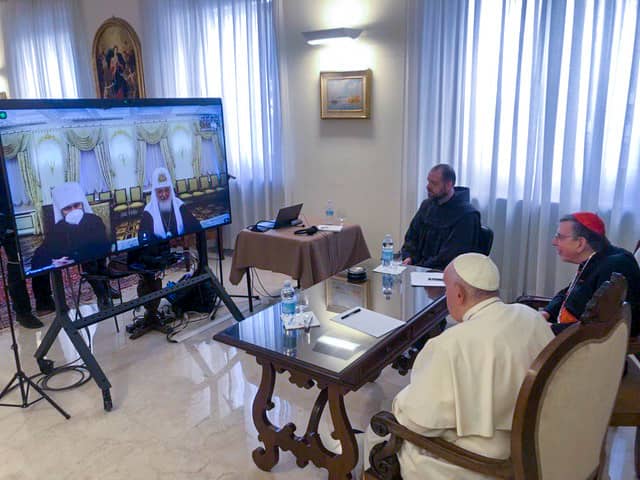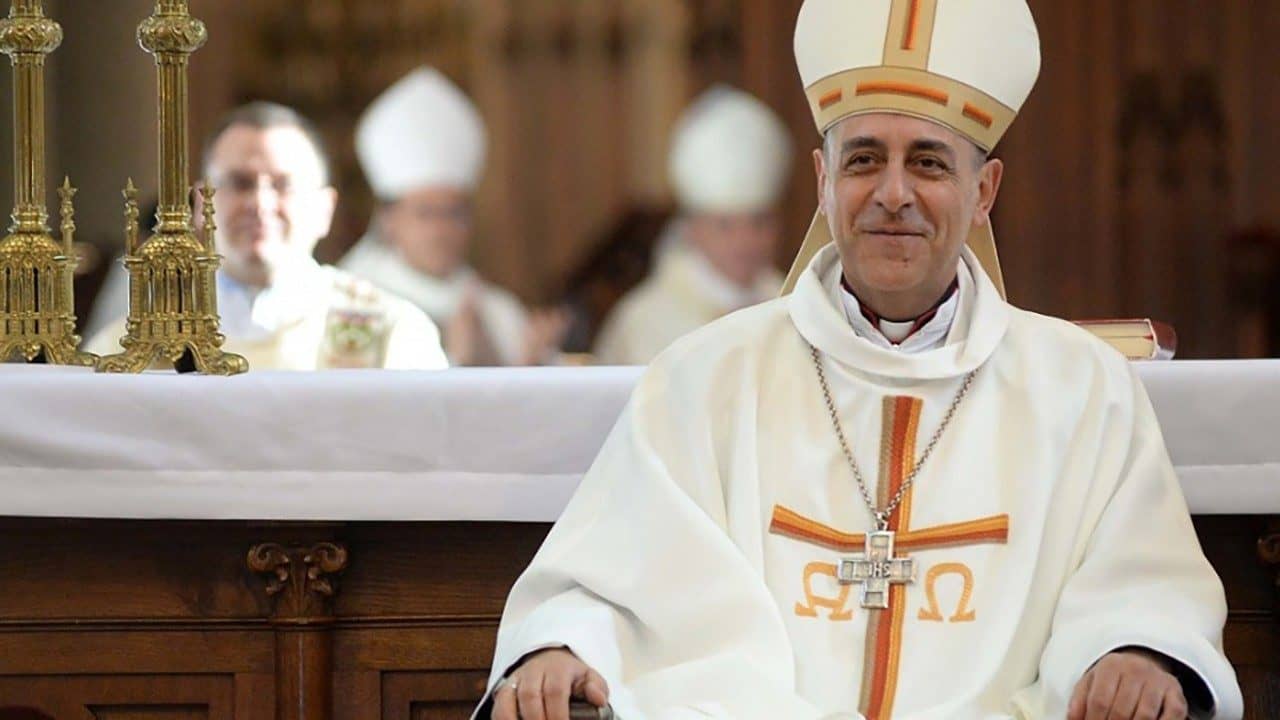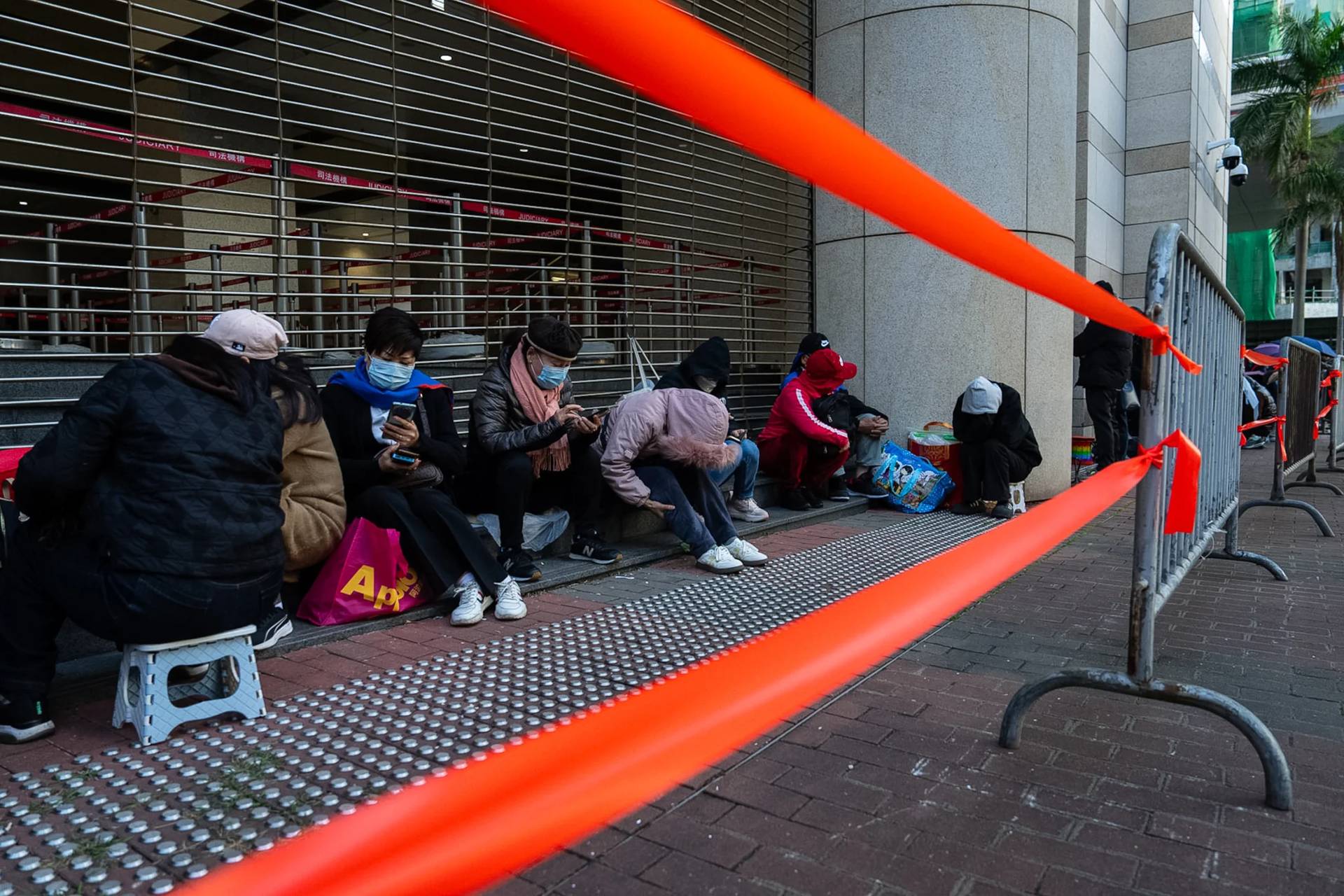ROME – Right now, Pope Francis is enjoying a fun weekend with the Italian side of his family. The getaway comes at a propitious time, because when Francis looks back at the past week, it’s unlikely he’ll recall it as one of the peak moments of his pontificate.
Consider the storylines we’ve seen play out over the past few days:
- After more than ten years of efforts at reform, the Italian bishops’ conference produced an anodyne report on clerical sexual abuse that provided data only for the past two years, and even then with precious few details about the nature of the allegations received or how they were handled. It also emerged that only 158 of Italy’s 227 dioceses actually participated in the report, and among those which didn’t is one where a priest is currently facing criminal charges of sexual violence against minors. If that’s the best that can be done in the pope’s own backyard, critics may wonder, is this really “reform”?
- A former Deloitte executive who, five years ago, was Pope Francis’s hand-picked “tip of the spear” for financial reform in the Vatican, former Auditor General Libero Milone, is now trying to sue the Vatican for $9.6 million for cutting him and his top deputy loose two years into a five-year term. Milone claims he was forced out because he and his team were getting too close to the truth, and has denounced the pope’s silence on his case as “deafening.”
- An unusual bilateral summit between heads of Vatican departments and representatives of the German bishops apparently featured a suggestion from the Vatican side that the Germans declare a moratorium on their controversial “synodal path,” which critics worry may include proposals at odds with official Catholic teaching such as blessings for same-sex couples, married priests and the ordination of women as deacons. The Germans declined such a moratorium, indicating they plan to press ahead, seemingly in defiance of the pope’s own wishes.
Especially after such a week, Pope Francis has to be especially happy to be where he is right now: In the northern Italian region of the Piedmont, where his family roots lie, spending a precious few hours with a cousin celebrating her 90th birthday and several other relatives.
Yesterday, Francis made his way to the Piedmont town of Asti, roughly 400 miles north of Rome, to visit his second cousin Carla Rabezzana – her mother, Ines, was a first cousin to Mario Bergoglio, the pope’s father. Over the years, beginning with his period as a Jesuit provincial in the 1970s, whenever the future pope had to travel to Rome he would make a point of stopping off in Asti to visit his relatives, and he and Rabezzana also apparently speak frequently on the phone.
To this day, Rabezzana calls the pontiff “Giorgio,” the Italian version of Jorge, his given first name. Yesterday was devoted to private family time for the pope, while today he’ll also do a public Mass in Asti – tickets for which, reportedly, were exhausted after just two hours of being on offer.
In the run-up to the visit, Francis gave an interview to the Italian newspaper La Stampa in which he recalled his Piedmont roots.
“It’s my first language,” he said, referring to the Piedmont dialect. “When I was 13 months old my mom had a second child, and our grandparents lived about 30 meters from our house. My grandma would come to get me, and I would stay with my grandparents who spoke Piedmontese. You could say that I ‘woke up to life’ in Piedmontese.”
Francis also recited some lines from a celebrated poet of the region, Nino Costa, including his memorable description of the people of the Piedmont:
“Direct and sincere, what you see is what you get: Square heads, a firm pulse and a healthy liver. They don’t talk much, but they know what they’re talking about. Even if they walk slowly, they go far. These are people who don’t waste time or sweat, they’re a free and stubborn local race. The whole world knows who they are, and, when they pass by, the world turns to look.”
It’s perhaps easy to see how Francis might recognize something of himself in those words, although he said they remind him most directly of his grandma Rosa.
Rabezzana said her cousin’s Piedmont ancestry is reflected in the fact that he’s got a “nice hard head,” in the sense that he’s got “clear ideas” about what he wants to do and is “very determined” about doing it.
The pontiff said he was especially looking forward to sampling some bagna càuda while in Asti, which is the classic Piedmont dish. Literally meaning “hot gravy,” bagna càuda is a dip, sort of like a fondue, made primarily of garlic and anchovies. Generally it’s placed on a table over a burner, and then guests dip vegetables into it, including thistle, cabbage, celery, carrots, artichokes and fennel, in addition to pieces of thick wheat bread.
“I only hope my relatives don’t exaggerate the quantity of it,” Francis joked in his La Stampa interview. “I’m not a young man anymore.”
These two days in Piedmont are probably especially important to Francis, given that it’s seemingly increasingly plausible that he’ll never actually make that keenly anticipated homecoming trip to Argentina. This weekend, therefore, may be the closest he actually gets to going home.
Whether the experience lends Francis new perspective in facing the challenges awaiting him when he gets back to Rome remains to be seen. If nothing else, having that hard Piedmont head reinforced may serve him well.
















